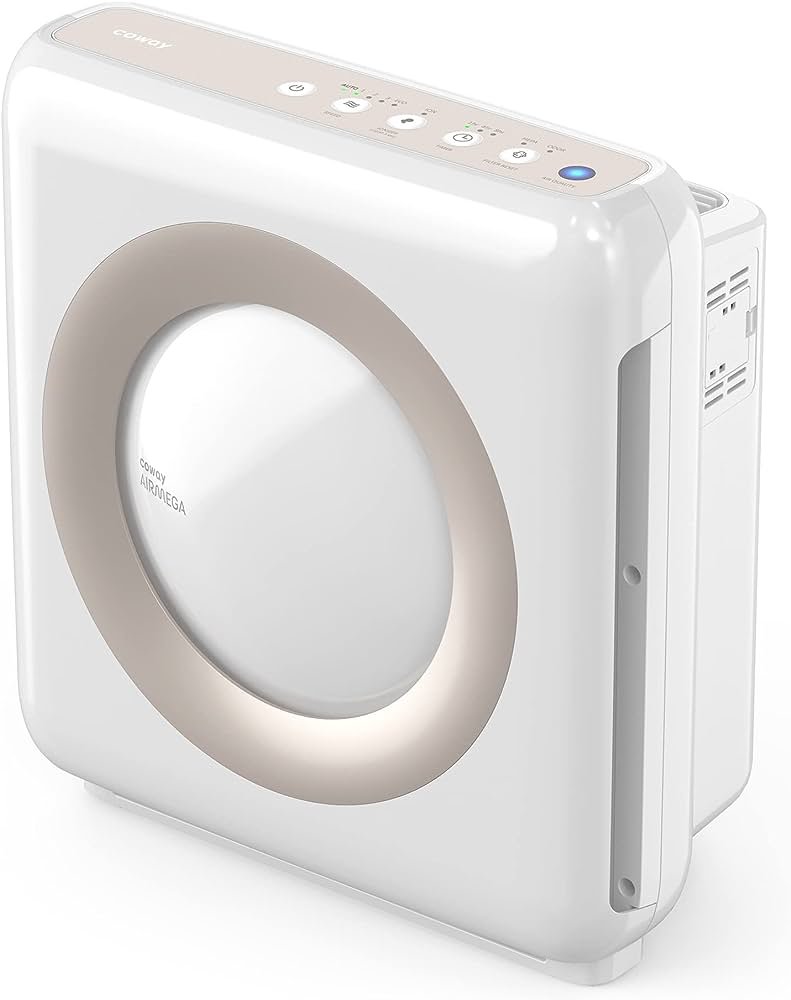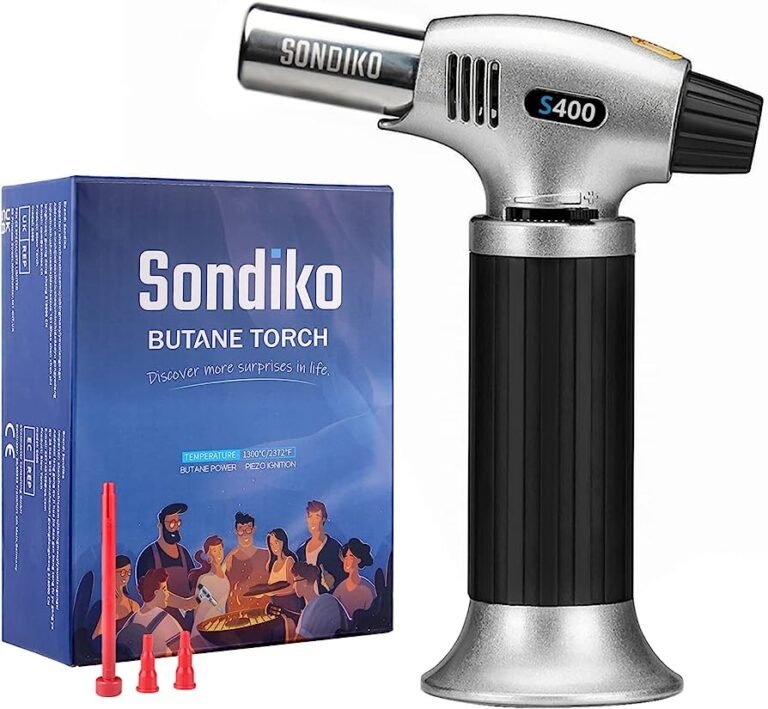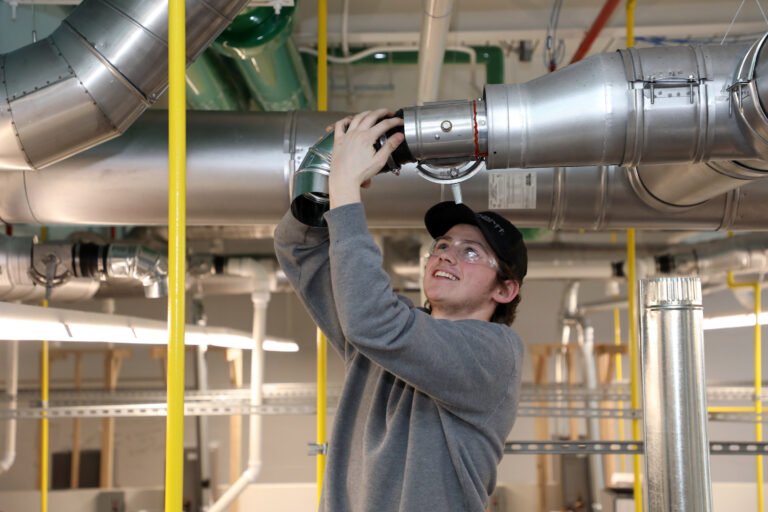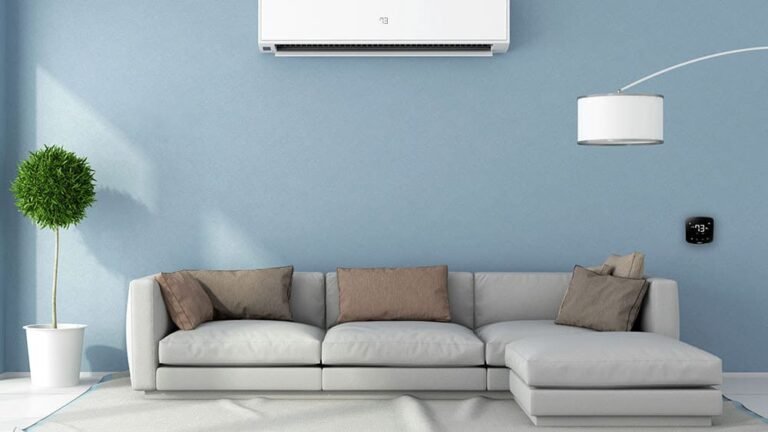Do Portable Air Conditioners Turn off Automatically? Find Out the Truth Here
Yes, most portable air conditioners have an automatic shut-off feature to prevent overworking and maintain energy efficiency. This feature allows the unit to turn off once the desired room temperature is reached.
Portable air conditioners are designed to provide comfort and convenience while conserving energy. Portable air conditioners are a popular choice for cooling individual rooms, apartments, or small spaces. They offer flexibility and mobility compared to traditional window or central air conditioning units.
However, one common question that arises is whether these portable units turn off automatically. The answer is yes, most portable air conditioners have an automatic shut-off feature. This feature is designed to prevent the unit from overworking and maintain energy efficiency. Once the desired room temperature is reached, the unit will automatically turn off to conserve energy. This automatic shut-off feature is beneficial in several ways. First, it ensures that the unit doesn’t run unnecessarily, saving energy and reducing electricity bills. Second, it prevents the unit from overheating or overworking, which can lead to malfunctions or damage to the unit. Lastly, it provides convenience to the user by maintaining a comfortable temperature without needing constant monitoring. Overall, portable air conditioners offer a convenient cooling solution with automatic shut-off capabilities, ensuring efficient and hassle-free operation.
How Do Portable Air Conditioners Work?
Portable air conditioners work by removing heat and moisture from the air in a room, cooling it down and circulating it back into the space. They consist of several components, including a compressor, condenser, evaporator, and refrigerant. The compressor pressurizes the refrigerant, turning it into a high-pressure gas. This gas flows to the condenser, where it releases heat and becomes a high-pressure liquid. The liquid then moves to the evaporator, where it absorbs heat and cools the air. The cool air is then blown back into the room through a vent. As the refrigerant absorbs heat, it evaporates back into a gas and returns to the compressor to start the cycle again. This continuous process allows the air conditioner to cool the room until it reaches the desired temperature.
Portable air conditioners often have built-in sensors that monitor the room’s temperature. Once the desired temperature is reached, the unit will automatically turn off the compressor and the cooling process. However, the fan may continue to run to circulate the cooled air and maintain the desired temperature. It’s important to note that portable air conditioners should not be left running continuously for extended periods, as this can strain the unit and lead to potential issues. It’s recommended to follow the manufacturer’s guidelines for operating times and regular maintenance to ensure optimal performance and efficiency.
In conclusion, portable air conditioners work by removing heat and moisture from the air through a cooling cycle involving various components. They have sensors to detect the room’s temperature and automatically turn off the cooling process once the desired temperature is achieved. However, the fan may continue to run for air circulation. It’s important to use the unit responsibly, following manufacturer guidelines to avoid strain and potential issues.
Factors That Determine If Portable Air Conditioners Turn Off Automatically
| Factors that Determine If Portable Air Conditioners Turn off Automatically |
| Room temperature and desired temperature setting |
| Portable air conditioners have thermostat settings and sensing capabilities that allow them to monitor and adjust the room temperature automatically. When you set your desired temperature, the air conditioner will work to reach and maintain that temperature. Once the room reaches the desired temperature, the unit will typically turn off to conserve energy and prevent overcooling. |
| Energy-saving modes and programmable settings |
| Many portable air conditioners come with energy-saving modes and programmable settings. These features allow you to customize the unit’s operation based on your needs and preferences. For example, you can set a timer to automatically turn off the air conditioner after a certain period of time or program it to turn on and off at specific times during the day. These settings help optimize energy usage and provide convenience. |
In conclusion, portable air conditioners can turn off automatically based on factors such as the room temperature, desired temperature setting, thermostat settings, sensing capabilities, energy-saving modes, and programmable settings. These features work together to provide efficient cooling and energy conservation.
Understanding The Automatic Shut-Off Feature Of Portable Air Conditioners
The automatic shut-off feature of portable air conditioners is designed to provide convenience and energy efficiency. When the room reaches the desired temperature, the air conditioner will automatically turn off to prevent excessive cooling and save energy. This feature helps to maintain a comfortable environment without constantly monitoring the unit.
The automatic shut-off feature offers several benefits. It saves energy by preventing the unit from running unnecessarily. It also helps to prolong the lifespan of the air conditioner by reducing wear and tear. However, it’s important to note that this feature may not be suitable for all situations. If you need continuous cooling throughout the day, keeping the automatic shut-off feature disabled may be more appropriate.
The automatic shut-off feature is ideal for scenarios where you want to maintain a specific temperature without wasting energy. For example, if you use the air conditioner during nighttime while sleeping, you can set a desired temperature and let the unit turn off automatically once reached. This feature is also beneficial for conserving energy during periods when the room is unoccupied.
Common Issues With Automatic Shut-Off In Portable Air Conditioners
|
Common Issues with Automatic Shut-off in Portable Air Conditioners
|
Portable air conditioners can sometimes experience automatic shut-off issues, which can be frustrating for users. One common issue is intermittent shut-off due to restricted airflow. When the air conditioner struggles with restricted airflow, it can overwork itself and cause overheating, leading to the automatic shut-off. This can happen if the AC vents are too close to the wall or if there are obstructions blocking the vents.
In addition to restricted airflow, dirty air filters can also affect the performance of portable air conditioners. When the air filters are clogged with dirt and debris, it hinders the airflow, causing the unit to work harder to cool the room. This can lead to overheating and automatic shut-off.
To avoid these issues, it is important to regularly clean and maintain the air filters in portable air conditioners. Keeping the vents clear and ensuring proper airflow will help prevent overheating and improve the overall performance of the unit.
Tips To Ensure Proper Functioning Of The Automatic Shut-Off Feature
Portable air conditioners are equipped with an automatic shut-off feature to ensure energy efficiency and prevent overheating. Regular maintenance and cleaning of filters and vents are crucial to ensure proper functioning of this feature. Clogged filters and vents restrict airflow, causing the AC unit to overwork and overheat, leading to automatic shut-off. Therefore, it is important to clean and replace filters regularly.
Another consideration is the placement of the portable air conditioner. Avoid placing it in areas where there are obstructions that can block airflow, such as furniture or curtains. This will ensure optimal airflow and prevent the AC unit from overheating and turning off automatically.
Furthermore, setting the thermostat to an optimal temperature is essential for energy efficiency. Keeping the thermostat at a moderate setting will help the AC unit maintain the desired temperature without overworking itself. This will prevent frequent shut-offs and ensure continuous cooling.

Credit: shop.sharpusa.com
Frequently Asked Questions Of Do Portable Air Conditioners Turn Off Automatically
Can I Leave My Portable Ac On All Night?
Yes, you can leave your portable AC on all night as long as it’s connected to a power source. There is no limit to how long it can run continuously. It will automatically turn off once the room reaches the desired temperature.
Why Does My Portable Ac Turn Off By Itself?
Your portable AC may turn off by itself due to restricted airflow, overheating, or blockage in the vents. This can be caused by the AC vents being too close to the wall or a dirty air filter. Ensure proper airflow and clean the filter regularly to prevent automatic shutdown.
How Long Can You Leave An Air Conditioner Running?
You can leave an air conditioner running for as long as it’s connected to a power source. There is no set time limit for how long it can run continuously.
Is It Safe To Leave An Air Conditioner On All Day?
Yes, it is generally safe to leave an air conditioner on all day. Most AC units have an automatic shut-off feature, so they will turn off once the room reaches the desired temperature. Continuous use is better for the health of the unit and will not cause any excessive energy usage.
Conclusion
Portable air conditioners offer the convenience of automatic shut-off features. This ensures that the unit doesn’t overwork itself and maintains optimal energy usage. Most portable air conditioners will automatically turn off once the desired temperature in the room is reached.
This not only saves energy but also prevents any potential damage to the unit. So, you can enjoy a cool and comfortable space without the worry of constantly monitoring your portable air conditioner.







